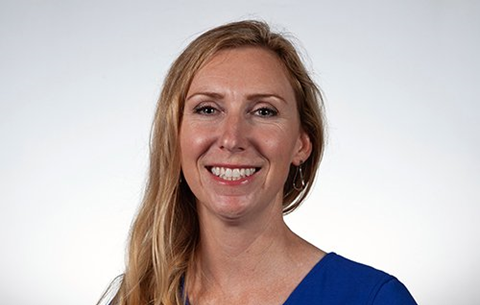Funding the Future: An early education trust fund – By Sylvia Ulloa, New Mexico In Depth
The term “trust fund babies” may evoke millennial hipsters in trendy urban neighborhoods living off wealth stockpiled by their more entrepreneurial parents or grandparents.
It’s a lifestyle most working-class New Mexico families perhaps wouldn’t recognize or even aspire to.
But Rep. Doreen Gallegos, D-Las Cruces, sometimes has trouble explaining her proposal to create a revenue source to support the new state Early Childhood Education and Care Department. So she’s marketing the idea as a trust fund for the state’s 123,630 children under age 5. The analogy is a good one.
The rich grandparents would be the state of New Mexico. The wealth they’re sitting on is the oil and gas underneath state and federal land. And the trust fund they want to create would help pay for the education of their heirs for generations — in this case preschool, home visiting and early intervention programs for children with disabilities.
The new permanent fund envisioned by Gallegos would pay out millions every year for early education programs and services, kick-started with a big chunk of the oil and gas surpluses New Mexico is currently enjoying.

Arizona House panel votes to allow community colleges to offer 4-year degrees – By Howard Fischer, Tuscon.com
A House panel voted Monday to allow community colleges to offer four-year degrees, calling them a less expensive and more accessible alternative than universities.
The 7-3 vote by the House Education Committee for House Bill 2790 came despite objections from the Arizona Board of Regents and the three state universities they govern. Those universities are currently the only publicly funded schools allowed to award baccalaureate degrees.
Regents’ lobbyist Brittney Kaufmann questioned the need for the bill, saying the universities already have partnerships with every community college to offer four-year degrees, though that can require a student to complete the program through the university, either on campus or online.
But Darcy Renfro, representing Maricopa Community Colleges, said it’s not as simple as that. She said there are some programs that students cannot get through one of these partnerships.

Kaci Heins, Space Center Houston, is 2020 Recipient of the Alan Shepard Technology in Education Award – From the Space Foundation
Kaci Heins, Space Center University Director at Space Center Houston, has been selected to receive the 2020 Alan Shepard Technology in Education Award.
The award, named for Mercury and Apollo astronaut Alan Shepard, is presented jointly by the Space Foundation, the Astronauts Memorial Foundation (AMF), and the National Aeronautics and Space Administration (NASA), in recognition of creative and innovative use of technology by K–12 educators, or district-level education personnel.
Heins’ selection for this honor was based on her impressive legacy of achievements, which includes her work as Space Center University Director at Space Center Houston in Houston, Tex, where she currently develops innovative mission-based content and oversees immersive education programs such as Space Center University®, Stars & STEM, as well as many other programs and special events. Heins is instrumental in developing authentic learning experiences to inspire the next generation of explorers. She has also established an intern program for Space Center Houston’s education department.

Kaci Heins, courtesy of spacefoundation.org
How the skills gap is changing the degree path – By Mikhail Zinshteyn, Education Dive
Pressed to respond to students' concerns about the rising cost of higher education and their sometimes-foggy understanding of how their learning translates into jobs, some colleges are reshaping the degree pathway.
Their motivation for doing so is not only internal. Nontraditional education providers are proving to be stiff competition. Bootcamps prepare information technology and web-development workers in months, not years. And multinational firms now produce their own certificates that promise to be gateways to meaningful entry-level work.
"While colleges don't need to become vocational programs, they will need to find new ways to meet the needs of students and the economy or they risk losing out on that huge future market for lifelong learning," David Soo, chief of staff at Jobs for the Future, a nonprofit that advocates for better links between education and the workforce, told Education Dive in an email. It partnered with Google to offer its IT certificate at 100 community colleges.
Colleges are approaching this challenge in a variety of ways. Some are strengthening transfer pathways between two- and four-year schools, while others are bringing industry-recognized credentials into the curriculum sooner than they have in the past. In some cases, they are putting more weight on training experiences.












